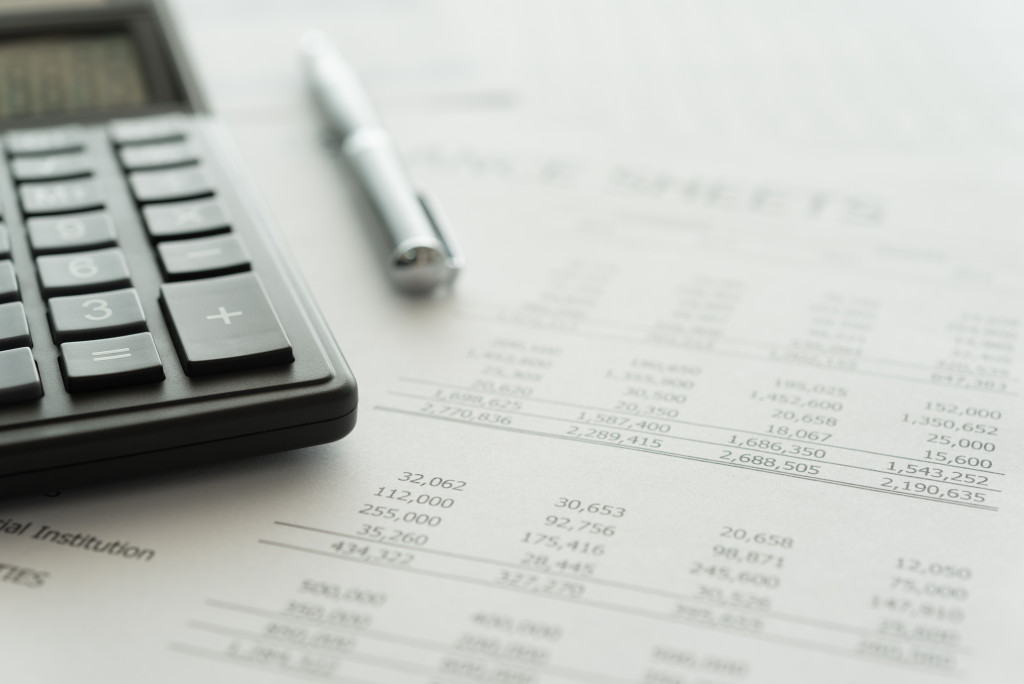Accountants can now use technology to perform several tasks once done manually. This has resulted in increased efficiency and accuracy in the accounting process. In addition, the use of technology has allowed accountants to provide a wider range of services to their clients. Here are six ways in which technology has made an impact on accounting:
More Efficient Accounting Process
Accounting is the process of recording, classifying, and summarizing financial transactions to provide helpful information in making business decisions. The development of accounting software has significantly impacted the accounting industry, making the accounting process more efficient and accurate. Before developing accounting software, accountants had to rely on paper records and manual calculations. This was a time-consuming and error-prone process.
Accounting software has automated many of the tasks associated with accounting, including record keeping, transaction processing, and reporting. This has resulted in a more efficient accounting process and has allowed businesses to make better-informed decisions. For instance, if a firm wants to calculate capital allowances, it can do that quickly with accounting software. So, if someone with multiple residential properties wants to leverage services, the firms can calculate and help get optimal capital allowances on residential property letting. They can also help the lawyers make better decisions with this information. Moreover, the accounting software makes the process of getting the allowances hassle-free.
Improve the Accuracy of Financial Reports
Technology has had a profound impact on the field of accounting. In the past, accounting was a largely manual process, with ledgers and records being kept by hand. This was often a time-consuming and error-prone task, leading to inaccuracies in financial reports. However, modern accounting software has made it possible to automate many of the tasks involved in keeping financial records.
This has helped improve the accuracy of financial reports and make the accounting process much more efficient. In addition, technology has also made it possible to share financial information more easily and quickly. This has made it easier for businesses to make decisions based on up-to-date information and has helped to improve transparency in the business world. Overall, it is clear that technology has had a major impact on accounting, and this looks set to continue in the future.
Provide a Wider Range of services
In the past, most accounting firms primarily provided compliance-based services, such as tax preparation and auditing. However, due to the advent of new technology, firms can now offer a wider range of services, including financial planning, risk management, and fraud detection. The use of data analytics and artificial intelligence has also allowed firms to provide more customized services tailored to their client’s specific needs. As a result, the accounting profession has become increasingly diversified and technologically oriented. This trend is likely to continue in the years ahead as firms continue to adopt new technologies and find new ways to add value for their clients.

Easier for Businesses to Comply With Accounting Standards
Technology has had a profound impact on the accounting profession. In the past, compliance with accounting standards was a time-consuming and manual process. Today, however, some software programs can automate the compliance process, making it easier and faster for businesses to meet their obligations. The adoption of technology has also made it possible for businesses to generate real-time financial reports, which has enhanced transparency and helped to improve decision-making.
In addition, technology has played a role in reducing the cost of compliance by enabling businesses to leverage economies of scale. As a result, the impact of technology on accounting has been overwhelmingly positive and has helped make the profession more efficient and effective.
Easier for Businesses to Share Financial Information
In the past, accounting was a complex and time-consuming process that often required paper records and manual calculations. Today, however, technology has revolutionized the field of accounting. Thanks to various software programs and online tools, businesses can now easily track their finances.
In addition, it is easier than ever for businesses to share financial information with their employees, shareholders, and other interested parties. As a result of these advances, accounting has become much more efficient and effective. In short, technology has had a profound impact on accounting, making it easier and faster for businesses to keep track of their finances.
Detect and Prevent Fraud
ACFE President and CEO James Ratley once said, “Fraud is a multi-billion-dollar problem that hurt every business and affects every profession.” And it’s true — fraud costs businesses billions of dollars every year. But what many people don’t realize is that accounting plays a vital role in detecting and preventing fraud. Thanks to advances in technology, accountants can now use data analytics to identify suspicious activity and prevent fraud before it happens.
By constantly monitoring transactions and looking for patterns, accountants can quickly flag potentially fraudulent activity. In addition, new technologies like blockchain are making it harder for criminals to commit fraud in the first place. By making it easier to track transactions and verify identities, blockchain makes it much more difficult for fraudsters to operate undetected. As a result, technology has a positive impact on the fight against fraud.
The use of technology has made it easier for businesses to detect and prevent fraud. This is because many accounting software packages now include features that can help to identify suspicious activity. In addition, new technologies like blockchain are making it harder for criminals to commit fraud in the first place. By making it easier to track transactions and verify identities, blockchain makes it much more difficult for fraudsters to operate undetected. As a result, technology has a positive impact on the fight against fraud.
Technology has had a profound impact on the accounting profession. Thanks to various technological advances, businesses can now comply with accounting standards more easily, share financial information more readily, and detect and prevent fraud more effectively. As technology evolves, the accounting profession will likely continue to benefit in several ways.

